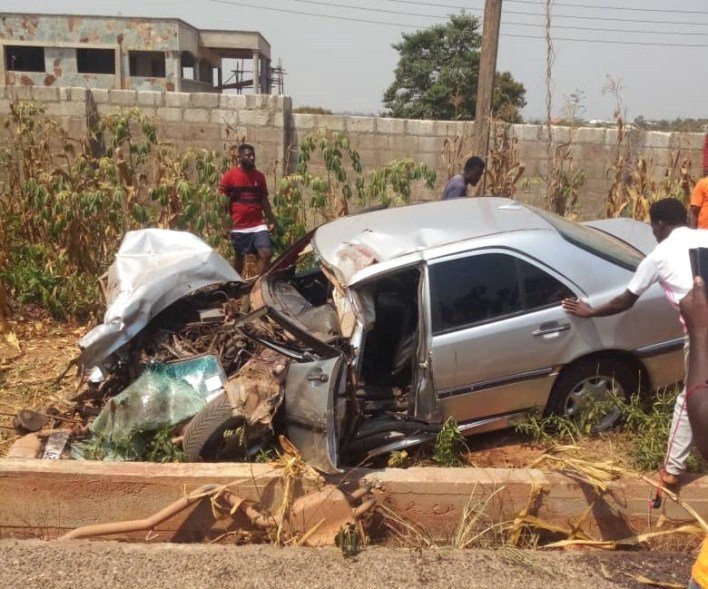Small-Scale Miners Back President Mahama’s 18-Member Committee to Reform Ghana’s Mining Sector
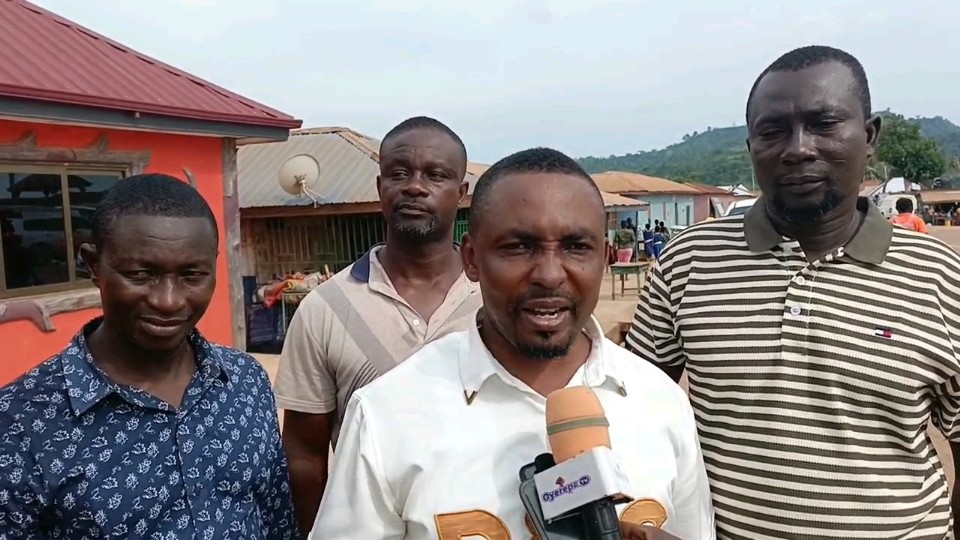
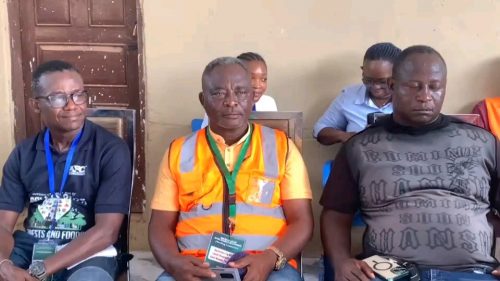
Members of the Ghana National Association of Small-Scale Miners (GNASSM) have thrown their full support behind the newly inaugurated 18-member committee established by former President John Dramani Mahama to sanitize and reform Ghana’s mining sub-sector.
The committee, which was formed to develop a comprehensive strategy to address the numerous challenges confronting Ghana’s mining industry—particularly illegal mining (galamsey)—held a stakeholder engagement session in the Amansie Central District on Thursday as part of its nationwide consultations.
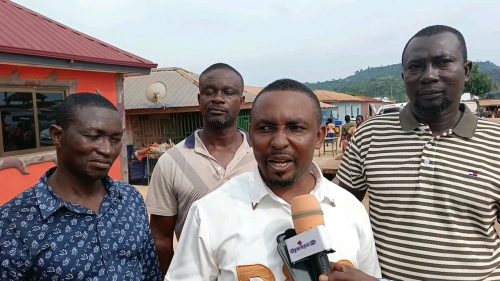
Speaking during the session, the Amansie South District financial Secretary of the Association, Mr. Anin Isaac, expressed optimism about the committee’s mandate. He described the move by the former president as timely and crucial in steering the small-scale mining sector onto a more sustainable and regulated path.
“We are very pleased to welcome this initiative. The formation of the committee shows strong political will to tackle the deep-rooted issues in the mining sector, especially galamsey, which has severely impacted our environment and water bodies,” Mr. Anin stated.
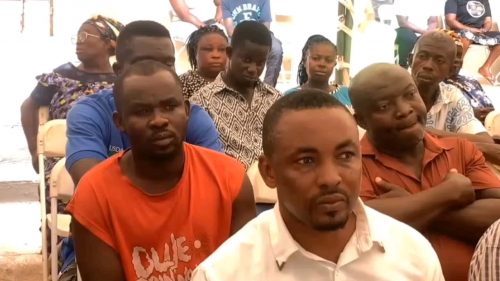
He further commended the committee’s approach of involving all stakeholders, especially traditional authorities, who are the custodians of lands across mining communities.
“It is refreshing to see the committee engage with our chiefs and traditional leaders. Sustainable mining can only be achieved when landowners are part of the decision-making process. This inclusive approach gives us hope,” he added.
Mr. Anin pledged the Association’s readiness to support the committee and government at large in their quest to regulate and reform the mining sector. He called on all small-scale miners to cooperate with the committee and adhere to best practices that ensure environmental protection and community safety.
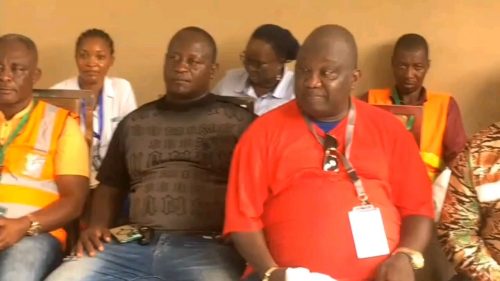
The 18-member committee, made up of mining experts, environmentalists, traditional leaders, and legal practitioners, is expected to present a working document that will serve as a blueprint for restructuring the sector. The document will also guide future administrations in promoting responsible mining while combating illegal mining operations.
The GNASSM, which represents thousands of legal small-scale miners across Ghana, believes that with the right policies and collaborative efforts, the small-scale mining sector can contribute significantly to the country’s socio-economic development without compromising the environment.

The stakeholder engagements will continue in other mining districts in the coming weeks as the committee gathers inputs from across the country to shape its final recommendations.



